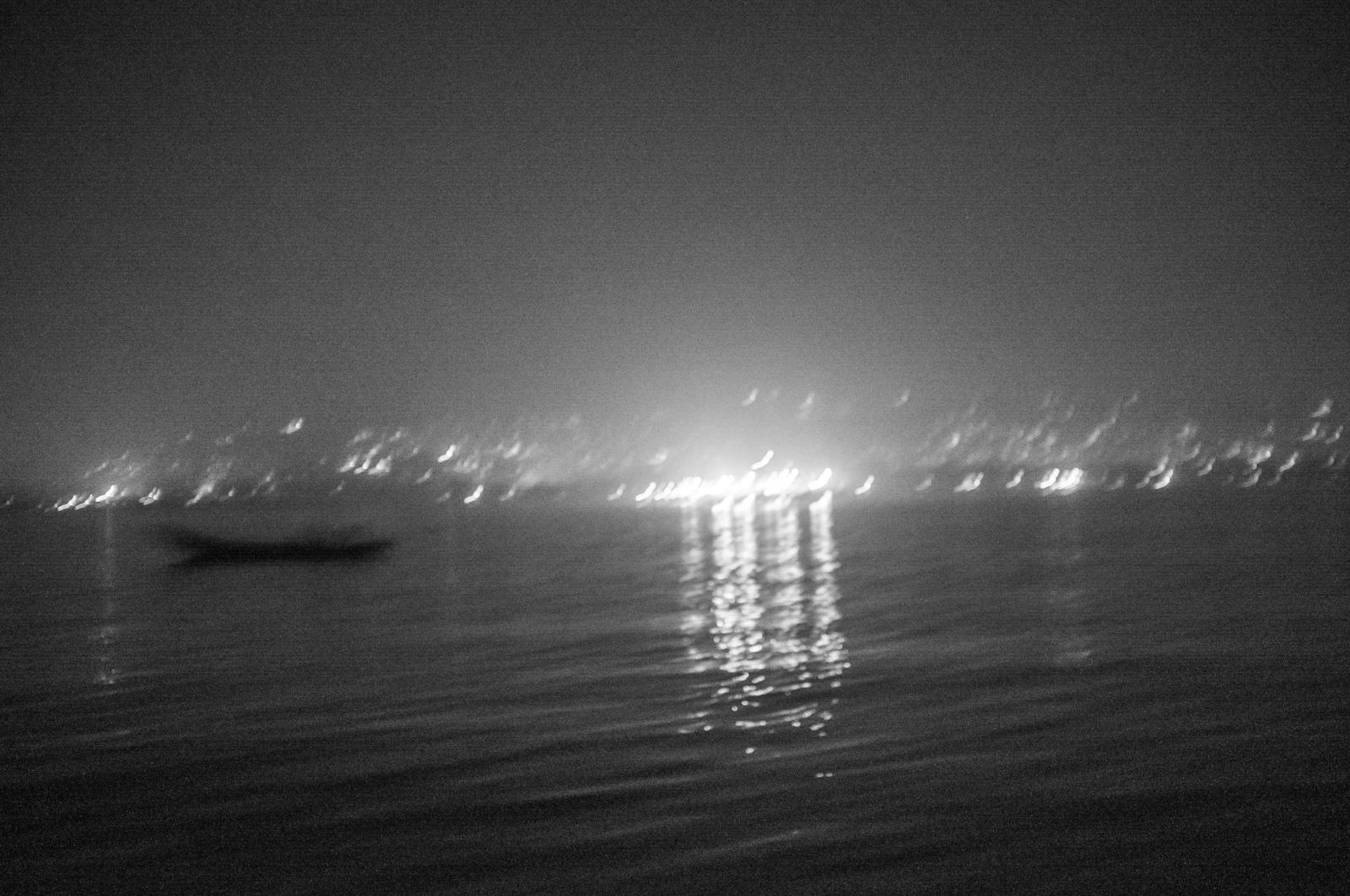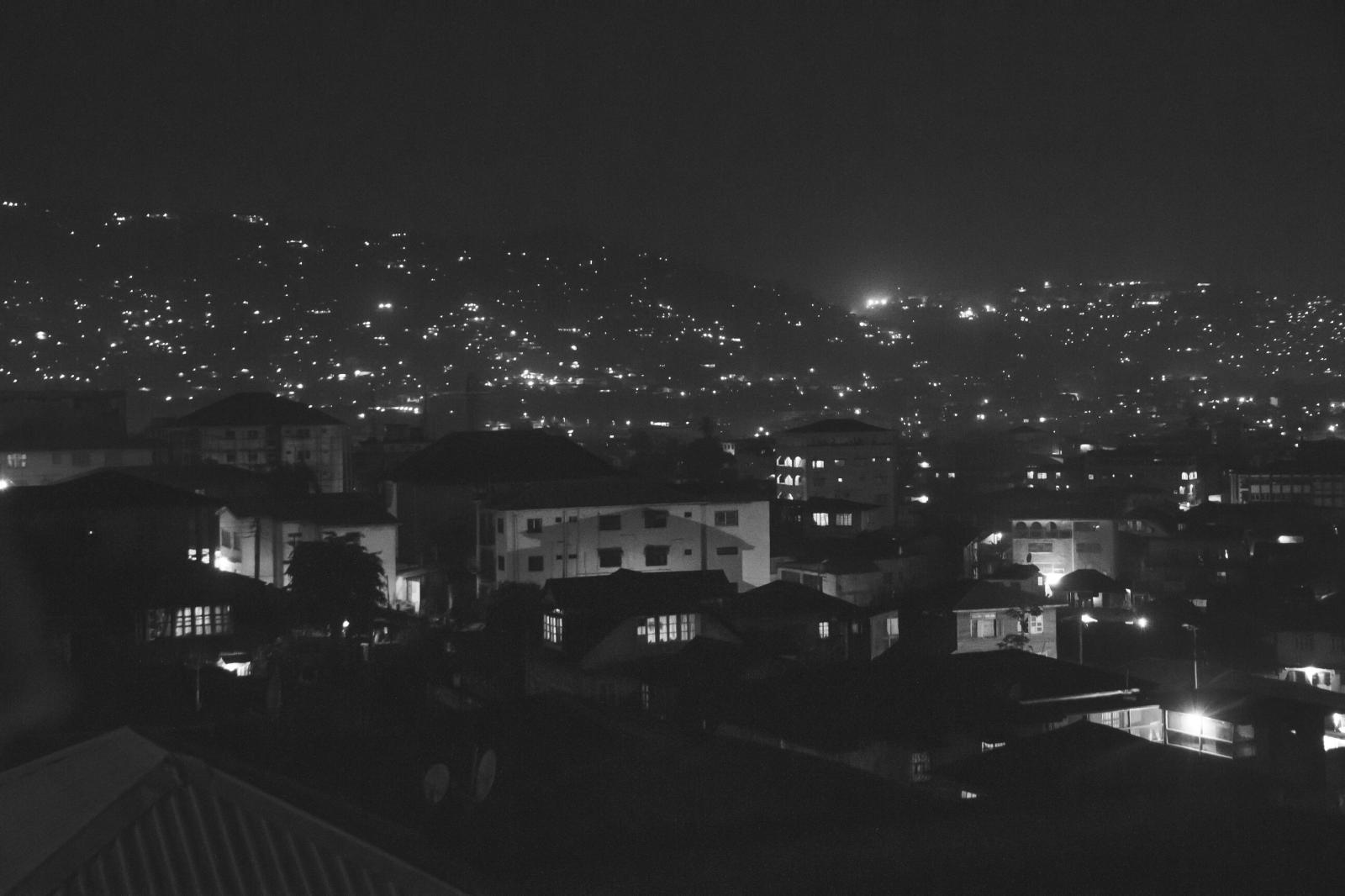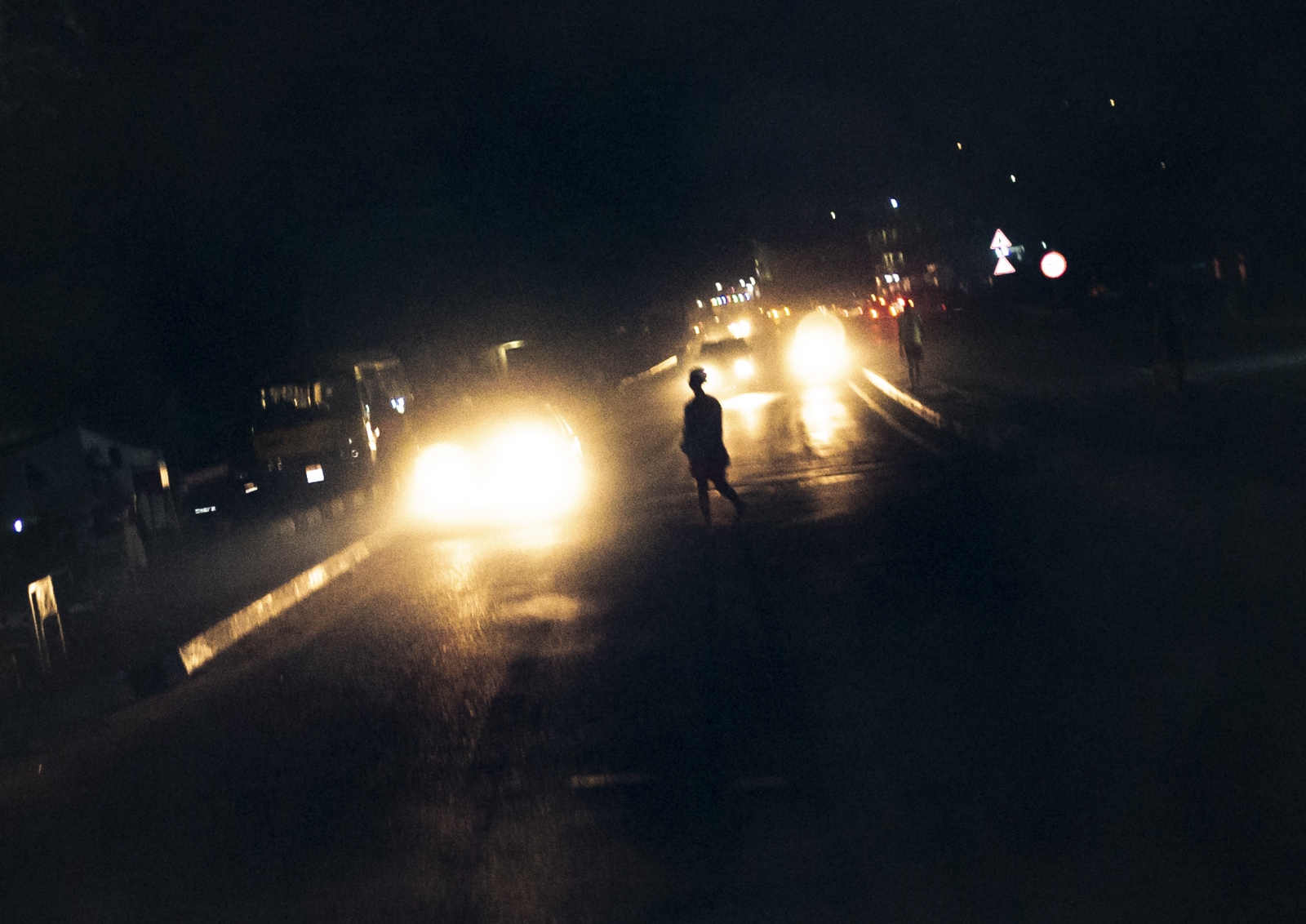Public Project
Streets Childs
In the shadow of the "Cotton Tree" and under its powerful gaze, Freetown was born. The "Free City" was founded to become the new homeland of a group of 400 slaves freed by England in 1792. Thus was born a new society of freedmen who, inspired by the grandeur and majesty of that tree, made it their symbol. A natural monument with which the forest pays homage to the new world freed from slavery.
Today the "Cotton Tree" continues to grow and towers majestically over the large buildings that surround it on one of the city's main avenues. Situated near the Supreme Court and the National Museum, it forms a link between the present and the past of the city that has grown by reading among its branches the respect for the values that those first inhabitants placed in its roots.
For as long as its branches have provided shelter to every generation born in Freetown since its founding, its deep shadow extends far beyond what we might imagine. If we get close enough and look closely, we can see how it has become home to thousands of bats that sleep during the day invisibly in the shade of its dense foliage and at dusk awaken and fly away, covering the sky with a dark and ominous cloud. Like animated letters written on the sky in the rupestrian language of the jungle, the "Cotton Tree" seems to draw us its metaphor about the terrible social actuality that hides in the shadows of the city that grows at its feet.
And it tells us a children's tale not suitable for infants, the story of thousands of children who live abandoned in the shadows of what UNESCO named the worst country in peace to be a child. Orphaned or abandoned, persecuted, raped, enslaved... this is how the most tender shoots of the Cotton Tree grow, invisible under the splendour of its foliage, threatened by a justice system that pursues them like criminals.
Listening to them speak, one is surprised by the familiarity with which they use words that should not be part of a child's vocabulary: Tramadol, Gonorrhoea, Cocaine, Aids... Words with which they construct the story of their lives, but which cease to be used when we abandon the past and turn the conversation to the future, when we encourage them to dream. Dreams form glimmers in the darkness that point the way out of the slum.
There are no stars in the Freetown sky.
The haze of the jungle mingles with the thick smoke from burning rubbish and the pollution of an overcrowded capital, creating a black 'blackout' that blocks out the starlight. There is also no electricity in the streets. Only households with enough money can afford to pay for the connection and supply. Between them they form an anarchic map of fictitious constellations, small flashes of naked bulbs here and there, with no apparent sense, confuse the gaze of the stranger, drawing a nocturnal panorama of the city that gives us an inverted vision of the world. The stars seem to have fallen to earth or, fleeing from the polluted sky, they seem to have descended, painting a mysterious map of the night that we immediately set out to explore.
Oto Marabel.
4,506














































